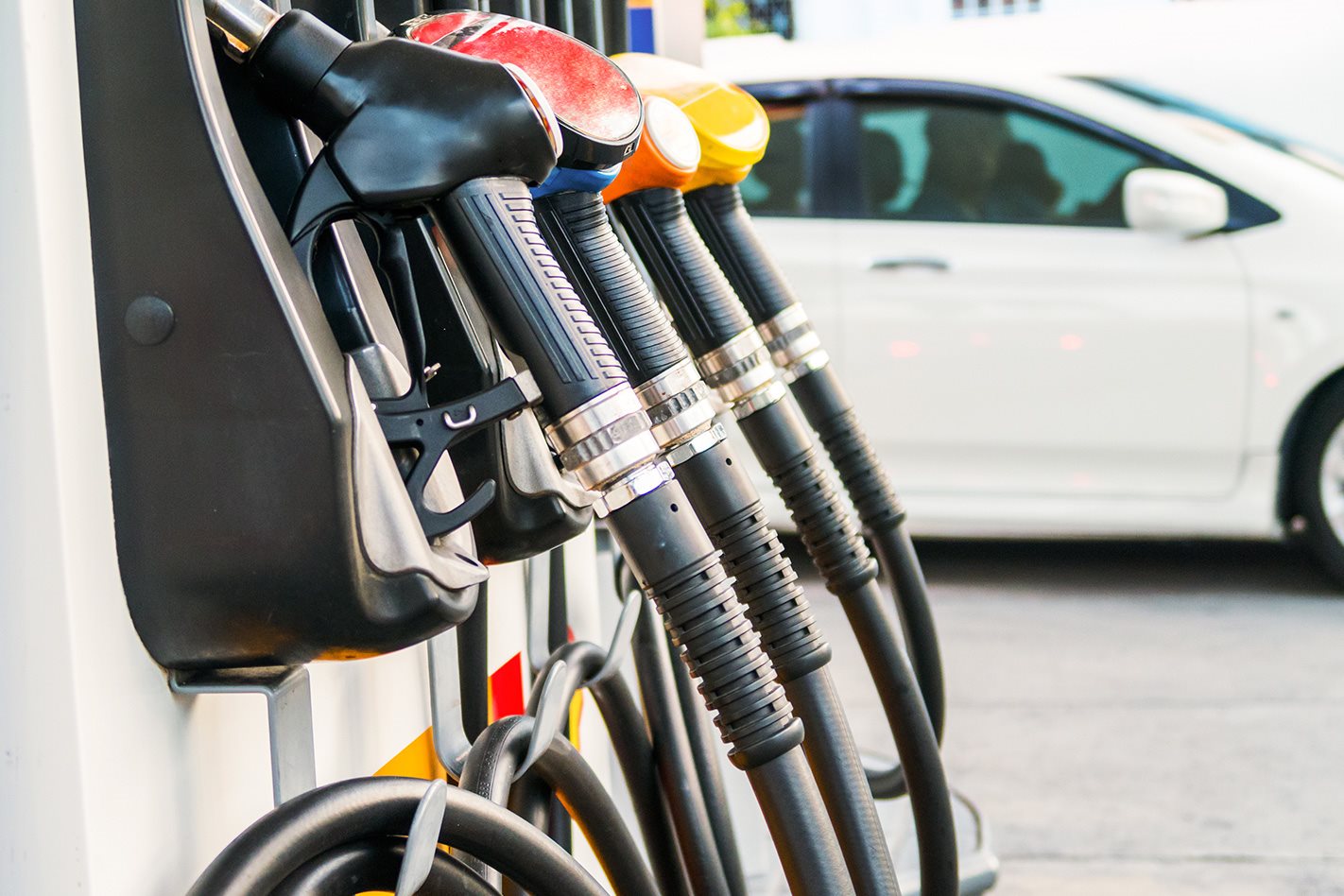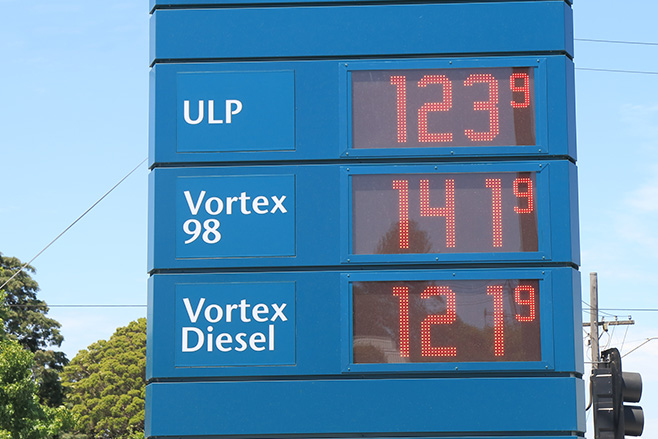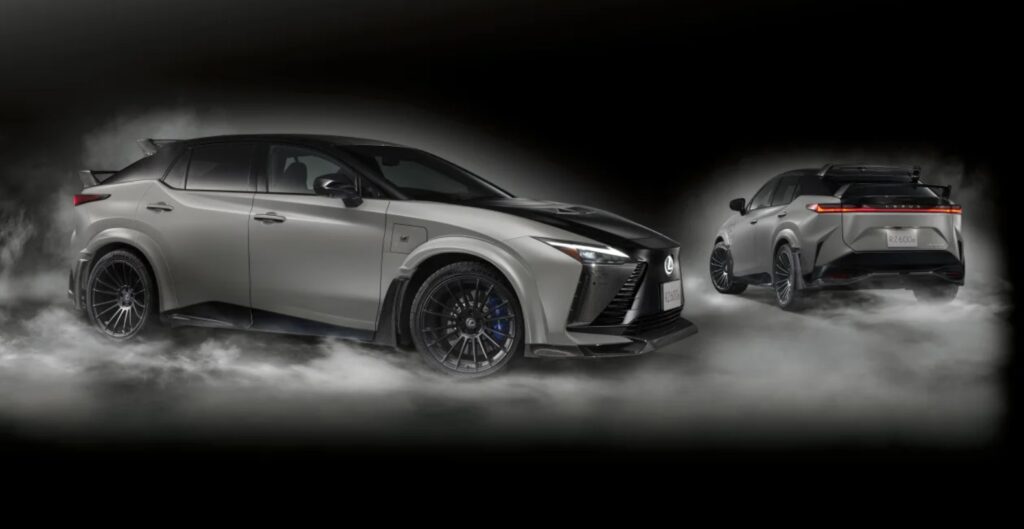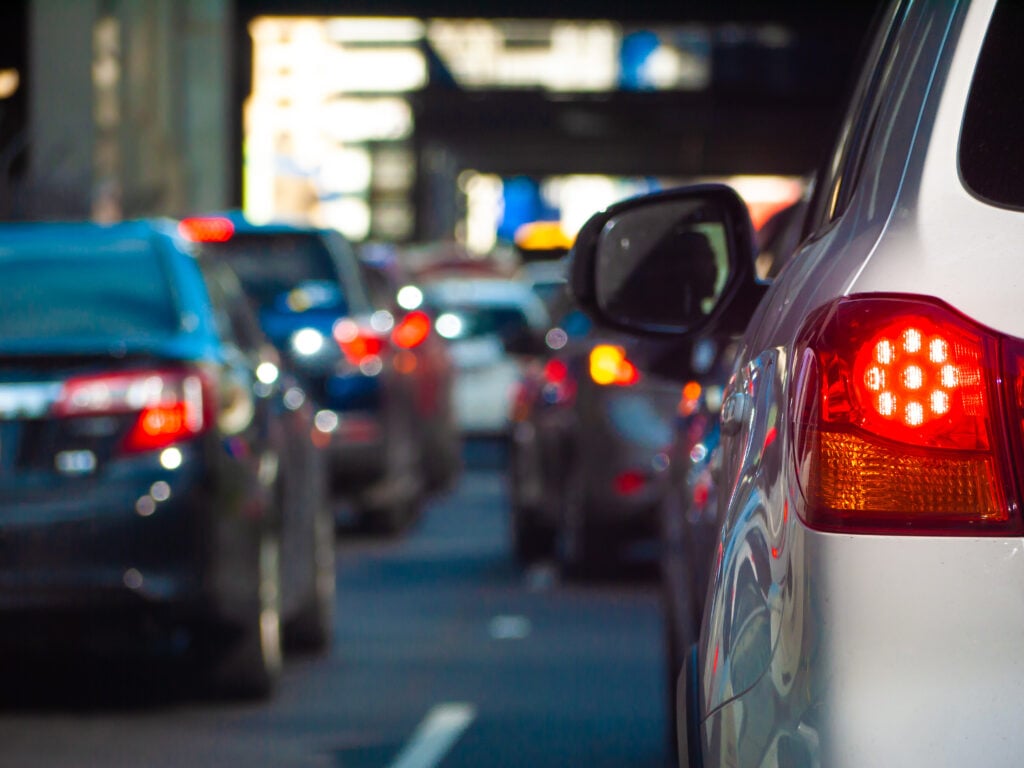
PETROL is cheapest it’s been since 2002 because of a drop in global oil prices, but according to the Australian Competition and Consumer Commission (ACCC) motorists are being taken for a ride by fuel retailers who are not passing on the full discount.
The ACCC’s latest report on the Australian petroleum industry shows average petrol prices in 2015–2016 were at their lowest levels since 2002. However, ACCC chairman Rod Sims is concerned that gross retail margins have increased to their highest levels.
The average price for petrol across Sydney, Melbourne, Brisbane, Adelaide and Perth in 2015–16 was 121.7 cents per litre (CPL), the lowest annual average since 2001–02 when adjusted for inflation.
The gross retail margin – the difference between retail prices and published wholesale prices -increased 1.2 CPL on the previous quarter, to average 11.2 CPL in 2015–16. This was the highest gross retail margin level since the ACCC began monitoring them in 2002.
“We remain concerned about the petroleum industry’s high gross retail margins, which indicate motorists are not reaping the full benefits of lower international crude oil and refined petrol prices,” Mr Sims said.
“Bowser prices for motorists last year were the lowest they’ve been on average for 14 years, but this report suggests that in order for there to be more competitive pressure on retailers, consumers need to shop around and reward those offering the best-priced fuel.”

The national body representing fuel retailers, the Australasian Convenience and Petroleum Marketers Association (APACMA), has criticised the ACCC report for being “somewhat selective”.
“We fully respect the ACCC’s price monitoring role of industry but we are getting increasingly concerned at the ACCC’s apparent inability to provide balanced commentary on the core factors increasing retail petrol prices in this country”, said ACAPMA CEO Mark McKenzie.
ACAPMA pointed out the ACCC report is focussed on the Gross Retail Margin which is different to Gross Retail Profit.
“The Gross Retail Margin is the difference between wholesale and retail prices and includes both cost and profit. It therefore follows that the Gross Retail Margin could be going up because costs are going up for fuel retailers”, Mr McKenzie said.
“There are a number of factors that are pushing up costs for fuel retailers in Australia and it is surprising that these factors do not get any mention in this latest ACCC Report.”
According to ACAPAMA a significant part of this increase likely includes a narrowing of profit margins earned from convenience store sales and the increasing cost of State/Territory government regulation.
“All of this new legislation brings increased investment and compliance costs for fuel retailers and we believe that we may now be seeing the impact of these costs flow through to motorists”, McKenzie said.




